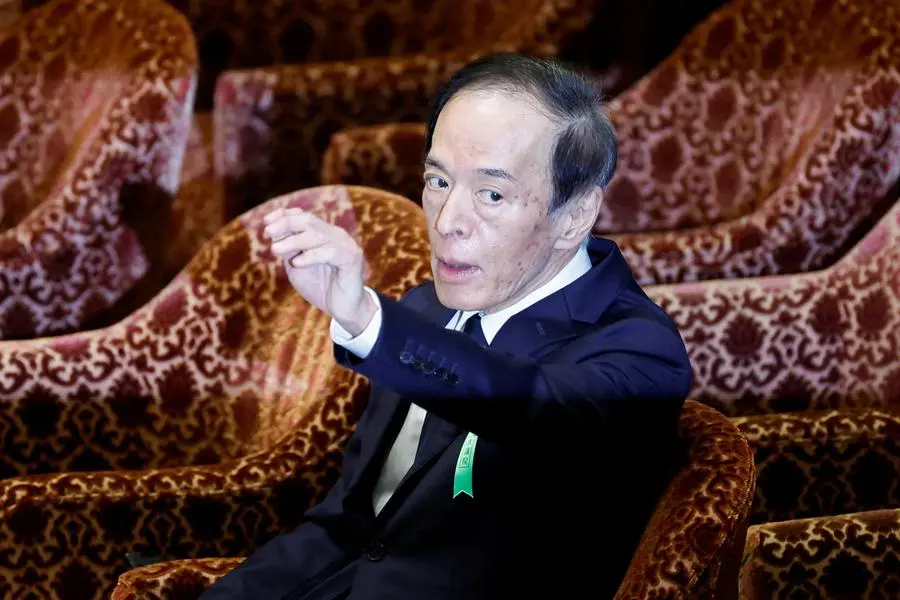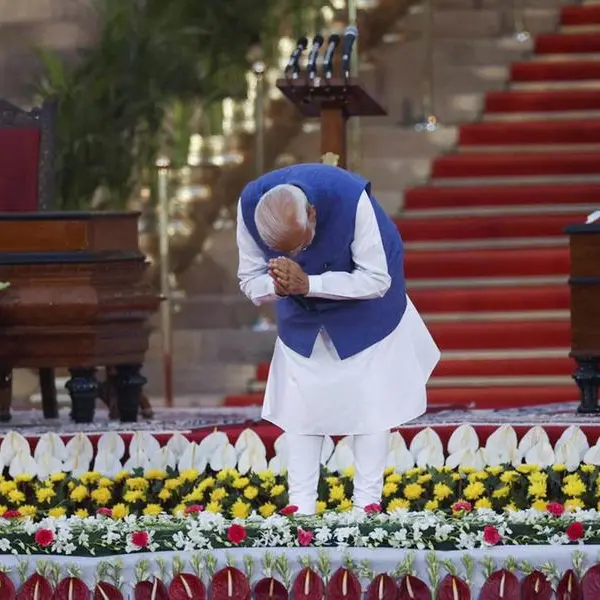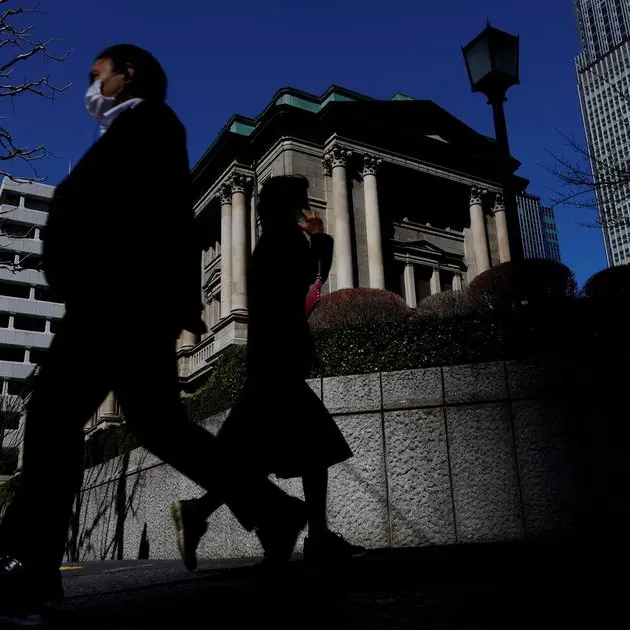PHOTO
TOKYO - Japan's new central bank chief will take baby steps in any shift away from the radical monetary experiment of his predecessor, if recent comments are any guide, but a deeper history of his thinking shows a taste for bolder action.
Markets are rife with speculation that Kazuo Ueda, who becomes Bank of Japan (BOJ) governor on Sunday, will dismantle incumbent Haruhiko Kuroda's massive stimulus programme that has drawn criticism for distorting market pricing and crushing bank profits.
In a sign he will be in no rush to shift policy, Ueda told a parliamentary confirmation hearing in February that he will "spend time and engage in thorough discussions" with BOJ board members on how to address the side-effects of prolonged easing.
But he also said there was no "magical" policy that cures economic woes, a sign he will shift away from his predecessor's shock-and-awe approach of deploying a range of radical steps with a strong focus on achieving the BOJ's 2% inflation target.
So far, Ueda has offered few clues on when and how the BOJ could phase out the current stimulus package that combines huge asset buying, negative short-term interest rates and a cap on the 10-year bond yield set under yield curve control (YCC).
But a closer look at his past, more candid remarks as a private-sector economist, and as a BOJ board member during Japan's battle with deflation in the late 1990s, offers a glimpse of his policy and communication style.
In an opinion piece published by the Nikkei newspaper last July, Ueda described YCC as a framework "unsuited for minor fine-tuning," as gradually raising the yield cap will prod markets to price in the chance of further tweaks that will then make it difficult for the BOJ to defend the cap.
The remark suggests Ueda may seek to end YCC in a single blow, rather than in several stages, some analysts say.
As Ueda had predicted, the BOJ's decision in December to raise the cap set for the 10-year bond yield to 0.5% from 0.25% put upward pressure on long-term rates by fuelling market expectations of a near-term end to YCC.
The BOJ will face a similar dilemma dealing with markets even if it targeted a shorter-duration yield than the current 10-year zone, Ueda wrote in the piece.
"The BOJ must come up with a strategy towards an exit," he said, adding that U.S. and Australian central banks "got the job done with a single adjustment" when they ended yield control.
His preference for a comprehensive, rather than gradual, approach can also be seen in accounts of his involvement in the BOJ's battle with deflation as board member from 1998 to 2005.
In the months leading up to the BOJ's decision in February 1999 to adopt zero interest rates, Ueda said he preferred "deploying the limited means available in a single blow at the appropriate timing, rather than launching small steps incrementally," minutes of the October 1998 meeting showed.
CLEARER COMMUNICATION
To be sure, current uncertainty over the economic and market outlook supports the case for Ueda to move gradually. Removing YCC altogether will deprive the BOJ tools to combat an unwelcome spike in bond yields, says former board member Takahide Kiuchi.
"The BOJ could expand the allowance band around its yield target as early as June. But a full-blown overhaul of YCC and end to negative rates might take years," he said.
Ueda may also roll back the quantitative element of the BOJ's current stimulus, such as a pledge to keep pumping money into the economy until inflation stably exceeds 2%.
Accounts of his days as BOJ board member also suggest Ueda is no fan of heavy money printing. He only reluctantly voted for the BOJ's decision to adopt quantitative easing in 2001, saying he did not "see much meaning" in setting a reserve target.
In any case, Ueda will likely deliver clearer guidance on the future policy path than Kuroda, who at times was criticised for wrong-footing markets with abrupt policy changes.
Ueda played a key role when the BOJ became the first central bank to introduce forward guidance in 1999 by pledging to keep rates at zero until Japan sees prospects for ending deflation.
Both in the confirmation hearings and in past remarks as board member, he has stressed the importance of using communication to enhance the effects of monetary policy.
"Ueda's biggest mission will be to untangle and clean up the complex, experimental monetary policies pursued by Kuroda," said Kiuchi, currently an economist at Nomura Research Institute.
"It may take most of his five-year term, but his final goal might be to revert back to the conventional monetary policy framework that target short-term rates."
(Reporting by Leika Kihara; Editing by Sam Holmes)





















